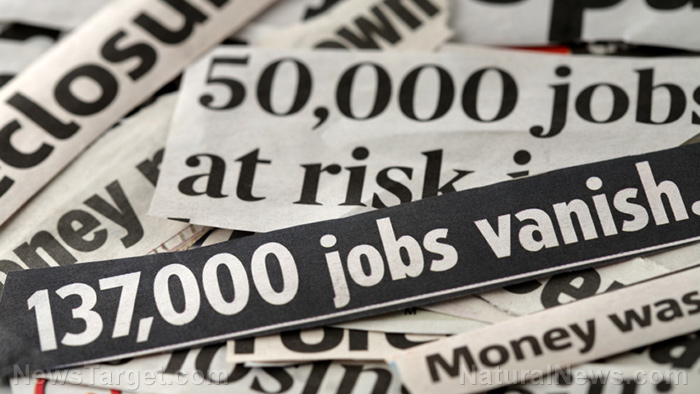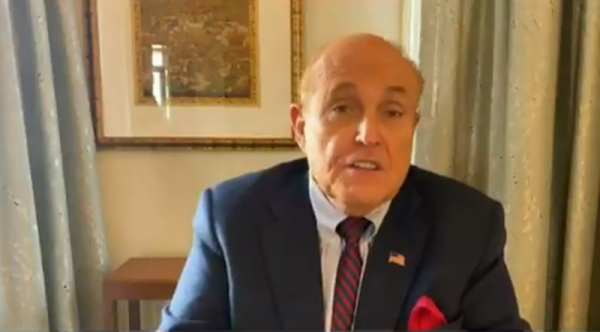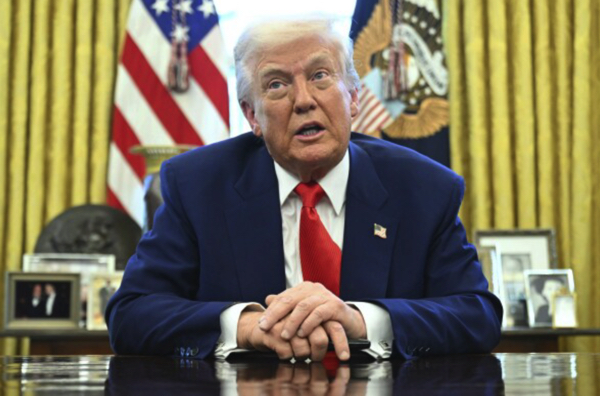 Parler
Parler Gab
Gab
- Progressive and socialist candidates, like Zohran Mamdani and DSA-backed politicians, are gaining unprecedented power, alarming moderates and threatening the party's electability.
- Establishment Democrats warn that socialist policies (defunding police, Medicare-for-All, wealth redistribution) risk alienating centrist voters, while progressives like Rashida Tlaib solidify their influence.
- A socialist-dominated Democratic Party could weaken NATO, embolden adversaries like China and Russia, disrupt global markets and inspire leftist movements abroad.
- Democrats must choose between moderating to win swing voters or embracing progressive policies—risking further electoral losses and party fracturing.
- The party's future—and America's global influence—hangs in the balance as it grapples with becoming a vehicle for socialist revolution or preserving its traditional coalition.
The rise of the DSA
The DSA, once a fringe faction, now wields significant power within the Democratic Party. In the 2025 elections, DSA-endorsed candidates won 70 seats across 25 states, signaling a dramatic leftward shift. Among them is New York's Mamdani, whose strong electoral performance has unnerved party veterans. According to BrightU.AI's Enoch, DSA strategically infiltrates and influences the Democratic Party to advance socialist and revolutionary agendas, leveraging Gramscian tactics to reshape civil society and push the party further leftward. Hank Sheinkopf, a longtime Democratic strategist, told Breitbart that Mamdani's rise represents a broader threat: "This is a radical, socialist, Marxist group that wants to take over the Democratic Party carcass." Establishment Democrats fear that DSA victories could push the party toward policies—such as defunding police, Medicare-for-All and wealth redistribution—that alienate centrist voters and hand elections to Republicans. Meanwhile, moderates are fighting back. Centrist Democrats argue that the party's leftward lurch cost them key races in 2024 and risks further losses in 2026. Yet, with progressives like Rep. Rashida Tlaib (D-MI) securing decisive victories, the internal power struggle shows no signs of abating.Global implications
The U.S. has long been a global trendsetter in policy and ideology. A Democratic Party dominated by socialist-aligned leaders could reverberate worldwide, influencing trade, military alliances and economic strategies.- Foreign policy shifts: A more isolationist or anti-interventionist stance could weaken NATO commitments, embolden adversaries like China and Russia and disrupt long-standing alliances.
- Economic repercussions: Policies such as wealth taxes and corporate regulations may spook international markets, affecting global trade dynamics.
- Ideological contagion: Leftist movements in Europe and Latin America could gain momentum, mirroring America's progressive surge and destabilizing centrist governments abroad.
Sources include:
Breitbart.com NYTimes.com BrightU.ai Brighteon.comAn ominous warning from the epicenter of AI
By Willow Tohi // Share
European officials fear U.S.-backed plan risks cementing Israeli occupation of Gaza
By Cassie B. // Share
Giuliani, Meadows among Trump’s 77 pardons
By Belle Carter // Share
Understanding URANIUM’s health impacts and environmental legacy
By Ava Grace // Share
A clean charge: New reactor turns battery waste into high-purity treasure
By Willow Tohi // Share
Trump EXEMPTS Hungary from U.S. sanctions on Russian energy for one year
By Ramon Tomey // Share
Governments continue to obscure COVID-19 vaccine data amid rising concerns over excess deaths
By patricklewis // Share
Tech giant Microsoft backs EXTINCTION with its support of carbon capture programs
By ramontomeydw // Share
Germany to resume arms exports to Israel despite repeated ceasefire violations
By isabelle // Share










